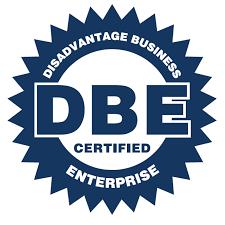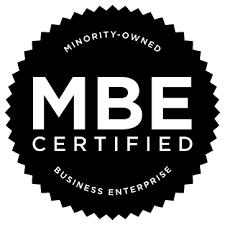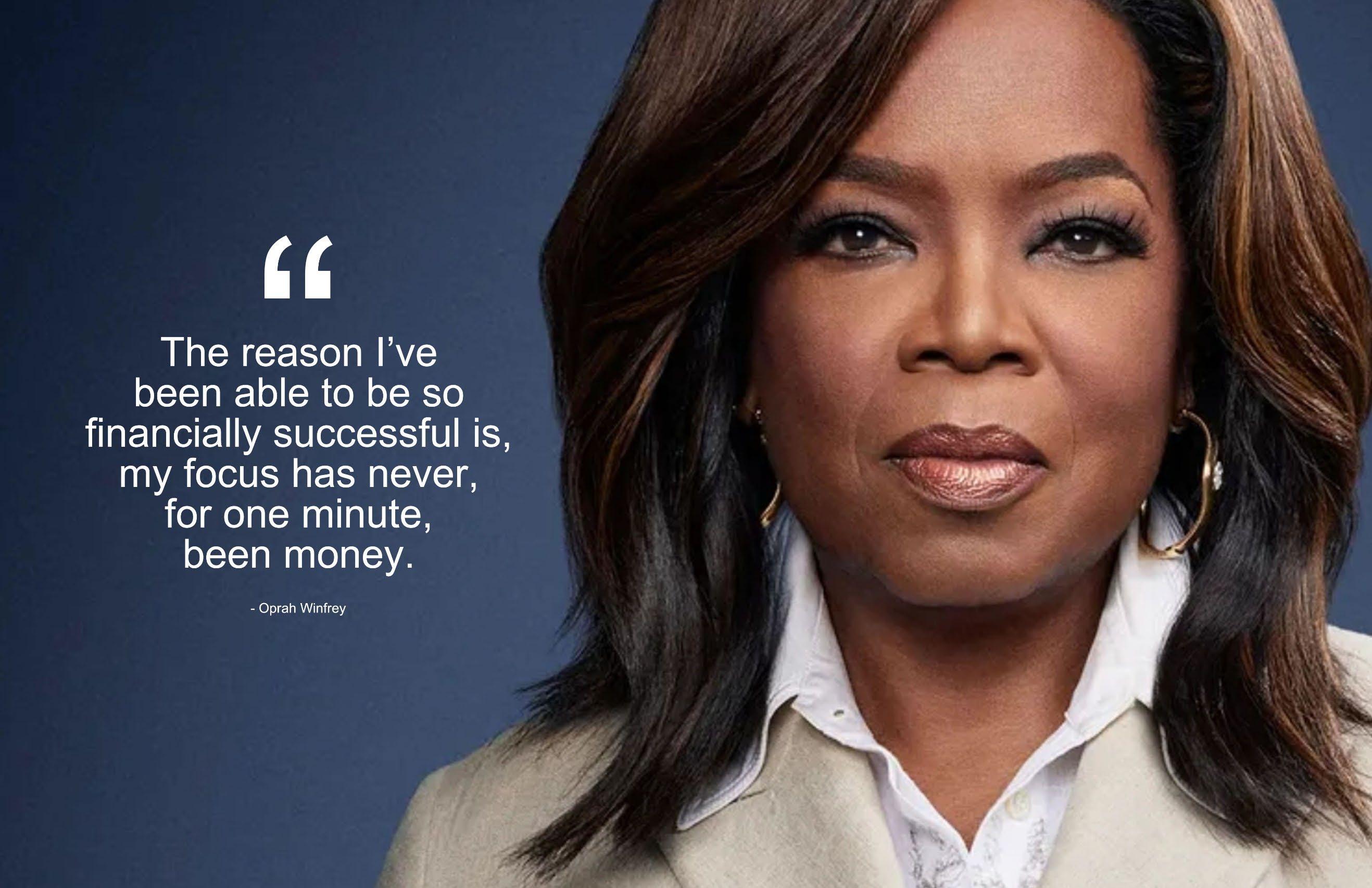




The 21st century ushered in a new wave of progress and advancements in the world of business. Being a BIPOC entrepreneur, it is even more important that you have the right tools and strategies to remain relevant first in class, 21CE BIPOC entrepreneur. Here are some additional elements that may be important for a 21st-century BIPOC entrepreneur to understand:
1. Cultural Intelligence and Identity: A 21st-century BIPOC entrepreneur embraces their cultural identity and understands the significance of representation and diversity in business. They draw strength from their cultural heritage and use it as a source of inspiration and differentiation in their entrepreneurial journey.
2. Community Empowerment and Social Impact: BIPOC entrepreneurs often have a strong sense of community and strive to create positive social impact. They actively engage with their communities, mentor aspiring entrepreneurs from underrepresented backgrounds, and work towards addressing social and economic inequalities.
3. Overcoming Systemic Barriers: A prototype of a 21st-century BIPOC entrepreneur recognizes and navigates the systemic barriers and challenges that exist in business environments. They develop strategies to overcome these obstacles, such as building strong
networks, seeking mentors, accessing resources and funding targeted towards underrepresented entrepreneurs, and advocating for inclusivity and equity in the business ecosystem.
4. Leadership and Representation: BIPOC entrepreneurs understand the importance of leadership and representation in inspiring others from similar backgrounds. They actively work towards breaking stereotypes and glass ceilings, becoming role models for future generations of BIPOC entrepreneurs and business leaders.
5. Access to Resources and Networks: Recognizing the disparities in access to resources and networks, a 21stcentury BIPOC entrepreneur seeks out and leverages resources specifically designed to support underrepresented entrepreneurs. They actively engage with organizations, accelerators, and mentorship programs that provide tailored support, funding opportunities, and networking platforms.
6. Collaboration and Collective Growth: BIPOC entrepreneurs often value collaboration and collective growth. They actively seek out partnerships and collaborations with other BIPOC entrepreneurs, businesses, and organizations to amplify their impact and create mutually beneficial opportunities.
7. Addressing Unmet Market Needs: A prototype of a 21st-century BIPOC entrepreneur identifies unmet market needs and opportunities that cater to diverse customer segments. They develop products, services, and solutions that are culturally relevant, inclusive, and resonate with underrepresented communities.
8. Mentorship and Support: Recognizing the importance of guidance and support, BIPOC entrepreneurs often seek and provide mentorship. They actively participate in mentorship programs, both as mentors and mentees, to foster the growth and development of aspiring BIPOC entrepreneurs.
9. Building Inclusive Work Environments: A 21st-century BIPOC entrepreneur prioritizes creating inclusive work environments within their own businesses. They promote diversity, equity, and inclusion in their hiring practices, foster a culture of respect and belonging, and provide equal opportunities for growth and advancement.
10. Advocacy and Activism: BIPOC entrepreneurs often use their platform and influence to advocate for systemic change and address social issues. They raise awareness, participate in social justice movements, and to leverage their businesses as a force for positive change in society.

Procuring contracts as a BIPOC entrepreneur can be challenging due to systemic barriers and biases. However, there are several best practices that can help increase your chances of successfully securing contracts.
Here are some our recommendations:
1. Research and Identify Contract Opportunities: Stay informed about contract opportunities in your industry or sector. Monitor government procurement websites, industry-specific platforms, and local
business directories for relevant contracts. Research the requirements, eligibility criteria, and procurement processes for each opportunity of interest to you.
2. Develop a Compelling Value Proposition: Clearly articulate the unique value and competitive advantage your business offers. Understand your target market's needs and demonstrate how your products or services can meet those needs effectively. Highlight your expertise, track record, and any
awards or recognition your business has received.
3. Tailor Your Proposals Responses: Customize your RFI, RFQ, RFP, proposals to align with the specific requirements and goals of each contract opportunity. Clearly demonstrate how your business meets the contract's specifications and addresses the client's needs. Highlight your company's diverse perspectives, cultural competency, and the added value that diversity brings to the project.
Many corporations, government agencies, and organizations have supplier diversity programs that aim to promote procurement from underrepresented businesses.

Research and apply for relevant certifications such as BIPOC-owned Business Enterprise (MBE), Women-Owned Business Enterprise (WBE), or Small Disadvantaged Business (SDB) certifications. These certifications can help your business stand out and gain access to contract opportunities specifically earmarked for diverse suppliers.





Remember that securing contracts can take time, and success may not come immediately. Perseverance, ongoing learning, and building strong relationships are key.
For more information on how you can gain more knowledge about this space, contact Regionerate or The JDL Group.
Memphis has a diverse business landscape with several prominent BIPOCowned businesses operating in various sectors. While the opportunities for BIPOCowned businesses can span across multiple industries, here are some top sectors in Memphis that have a significant presence of BIPOC entrepreneurs:

1. Transportation and Logistics: Memphis is a major transportation and logistics hub due to its strategic location on the Mississippi River and its proximity to major interstate highways. BIPOC-owned businesses are actively involved in trucking, shipping, warehousing, and logistics services in the region.
2. Healthcare and Life Sciences: Memphis is home to a robust healthcare industry, with major hospitals, research institutions, and pharmaceutical companies. BIPOCowned businesses play a significant role in healthcare services, medical equipment supply, healthcare IT, and other related sectors.
3. Retail and Franchising: Memphis has a vibrant retail industry, with a focus on local businesses and franchises. BIPOC-owned retail businesses, including restaurants, boutiques, specialty stores, and service-oriented enterprises, contribute to the city's diverse retail landscape
4. Construction and Contracting: The construction sector in Memphis offers opportunities for BIPOC-owned
businesses involved in general contracting, subcontracting, construction management, and related services. The city has a growing infrastructure and real estate development market, creating demand for construction and contracting services.
5. Professional Services: Memphis has a thriving professional services sector that includes legal services, accounting and finance, marketing, consulting, and IT services BIPOCowned businesses in these fields contribute to the city's overall business ecosystem.
6. Creative and Cultural Industries: Memphis has a rich cultural heritage and is renowned for its music, arts, and entertainment industries. BIPOC entrepreneurs play a significant role in these sectors, including music production, event management, film and video production, and creative arts businesses.
7. Food and Beverage Industry: Memphis has a vibrant food scene, with a focus on Southern cuisine and barbecue. BIPOC-owned restaurants, catering services, food trucks, and specialty food businesses contribute to the city's diverse culinary offerings.
It's important to note that the business landscape is dynamic, and opportunities may extend beyond these sectors. It is recommended for entrepreneurs in Memphis to research the local business community, network with industry professionals, and engage with organizations like the Greater Memphis Chamber and local BIPOC business
associations to stay informed about opportunities and resources specific to their sector of interest.
For more information on how you can gain more knowledge about this space, contact Regionerate or The JDL Group.
The United States is home to several vibrant new majority business hubs, groups, and business chambers, that provide support, resources, and networking opportunities for a variety of BIPOC-owned businesses.
While there are many notable groups across the country, we will present several of the more widely recognized ones helping BIPOC entrepreneurs thrive:
1. The Motor City Contractor Fund: A $10 million fund that aims to provide low-interest loans, technology, and business advisory services to 20 contractors. The pilot program, supported by the Gilbert Family Foundation and Rocket Community Fund working with several nonprofits, is meant to ensure those in the BIPOC community, who are contractors, have equity in access to technical support and capital. The aim is to provide better tools to help BIPOC contractors better compete for contracts in "rehab, home repair, new construction, demolition and other public/private projects.

2. The Regional Black Contractors Association: The RBCA is the premiere black construction member services organization in North Texas, serving a membership base of 100+ including:
- Professional services/trades firms
- Owners, Developers
- General Contractors
- Construction Management Firms
- Subcontractors
- Management Consultants
- Training Organizations
3. Black Business Networks: There are a number of prominent BBNs in the United States that provide resources, support, and networking opportunities for black entrepreneurs and business owners. Here are some of the top Black business networks:
- National Black Chamber of Commerce (NBCC): The NBCC is one of the largest Black business organizations in the United States. It represents over 100,000 Blackowned businesses and works to promote economic empowerment and advocate for the interests of Black entrepreneurs.
- National Association for the Advancement of Colored People (NAACP): The NAACP is one of the oldest and most prominent civil rights organizations in the United States. While not exclusively focused on business, the NAACP advocates for economic equality and supports Black entrepreneurs through its economic programs and initiatives.
Additionally, RBCA’s “Second Chance” Program is a Workforce Development model that combats recidivism. RBCA places emphasis on technical skills training, job placement assistance, and wrap around services.
- National Black MBA Association (NBMBAA): The NBMBAA is a professional organization that supports Black professionals, including entrepreneurs and business leaders, in various industries. It offers networking events, career development resources, and business education programs.
- National Urban League (NUL): The NUL is a civil rights organization that focuses on empowering African Americans and promoting economic opportunities. The NUL supports Black entrepreneurs through its Entrepreneurship Centers and provides resources, mentoring, and access to capital.

- National Minority Supplier Development Council (NMSDC): The NMSDC is an organization that connects minority-owned businesses with corporate members and facilitates supplier diversity. It provides certification for minority-owned businesses and offers networking events and business development opportunities.
- U.S. Black Chambers, Inc. (USBC): The USBC is a coalition of local Black chambers of commerce and business organizations across the United States. It promotes economic development and provides resources, advocacy, and networking opportunities for Black-owned businesses.
- Black Business Association (BBA): The BBA is the oldest ethnic business organization in California and works to promote the growth and development of Blackowned businesses. It offers

programs, seminars, and networking events to support Black entrepreneurs.
- National Association of Black Women in Construction (NABWIC): NABWIC is an organization that supports Black women in the construction industry. It provides networking opportunities, business development resources, and mentorship for Black women entrepreneurs in constructionrelated fields.
These are just some examples of the top Black business networks in the U.S. There are many other regional and industry-specific organizations that cater to the needs of Black entrepreneurs.
For more information on how you can gain more knowledge about this space, contact Regionerate or The JDL Group.

Funding for supplier diversification initiatives aimed at supporting BIPOC contractors can come from various sources. Here are some options to consider:

1. Government Grants and Programs: Local, state, and federal government agencies often offer grants, loans, or funding programs specifically designed to promote supplier diversity and support minority-owned businesses. Research government grant programs, economic development initiatives, and small business assistance programs in your area to identify potential funding opportunities.
2. Minority Business Development Agency (MBDA): The MBDA, a branch of the U.S. Department of Commerce, provides support and resources to minority-owned businesses, including contractors. They offer grants, cooperative agreements, and other funding opportunities to help strengthen and expand the capacity of minorityowned firms.
3. Community Development Financial Institutions (CDFIs): CDFIs are specialized financial institutions that focus on providing funding and support to underserved communities, including minorityowned businesses. They offer loans,
grants, and technical assistance programs to help minority contractors access capital and grow their businesses.
4. Corporate Supplier Diversity Programs: Many large corporations have supplier diversity initiatives in place to increase their spending with minority-owned businesses. These programs often include financial support through grants, loans, or access to capital. Research corporations that are committed to supplier diversity and explore their specific funding opportunities for minority contractors.
5. Nonprofit and Philanthropic Organizations: There are nonprofit organizations and foundations that provide grants and funding to support minority contractors and promote supplier diversity. Look for organizations that focus on economic empowerment, minority business development, or entrepreneurship, and inquire about their funding opportunities.
6. Small Business Administration (SBA) Programs: The SBA offers various programs and resources that can benefit minority contractors. For example, the 8(a) Business Development Program provides assistance to small businesses owned by socially and economically disadvantaged individuals, including minority entrepreneurs. The SBA also provides access to loans, grants, and
other funding resources through its lending programs.
7. Local Economic Development Agencies and Initiatives: Explore economic development agencies, chambers of commerce, and business organizations in your local community. They may offer grants, loans, or programs aimed at supporting minority-owned businesses and increasing supplier diversity within the region.
When seeking funding for supplier diversification, it's important to thoroughly research each opportunity, review eligibility criteria, and prepare a strong application or proposal. Additionally, consider networking, building relationships, and attending supplier diversity events to connect with potential funders and learn about additional funding opportunities that may arise.
For more information on how you can gain more knowledge about this space, contact Regionerate or The JDL Group.
Good coaching and mentorship play a vital role in supporting and empowering BIPOC business owners. Take a look at the following areas, which should be on your radar of importance:
1. Skill Development: Coaching provides an opportunity for Black business owners to develop and enhance their skills. A skilled coach can offer guidance on various aspects of entrepreneurship, such as strategic planning, financial management, marketing, and networking. This helps Black entrepreneurs build a strong foundation of business knowledge and expertise.
2. Access to Networks and Resources: A good coach can provide access to valuable networks and resources that are beneficial for Black business owners. They can connect entrepreneurs with industry professionals, potential partners, mentors, and funding sources. This access to networks and resources opens doors to new opportunities and increases the chances of success.
3. Overcoming Challenges: Black business owners may face unique challenges related to systemic racism, limited access to capital, and discrimination. A good coach can help navigate these challenges by offering guidance, support, and strategies to overcome barriers. They
can provide insights and advice on how to address and combat bias in business environments.

4. Building Confidence and Resilience: Coaching can help Black entrepreneurs build confidence in their abilities and develop resilience to overcome obstacles. A coach can provide encouragement, feedback, and support, helping entrepreneurs to stay focused, motivated, and determined in the face of challenges.
5. Personal and Professional Growth: Coaching goes beyond business strategies and can help Black entrepreneurs with personal development. A good coach can assist in identifying strengths, weaknesses, and growth opportunities, both professionally and personally. They can help entrepreneurs set goals, create action plans, and track progress, leading to continuous improvement and growth.

6. Accountability and Feedback: A coach serves as an accountability partner, holding Black business owners responsible for their goals and commitments. Regular coaching sessions provide a platform for honest feedback and constructive criticism, helping entrepreneurs identify areas for improvement and make necessary adjustments.
7. Mentorship and Role Modeling: In many cases, coaching relationships evolve into mentorship, where experienced coaches serve as role models for Black entrepreneurs. Seeing successful Black business owners as mentors can inspire and motivate others, demonstrating that success is possible despite obstacles. Overall, good coaching and mentorship provides BIPOC business owners with valuable guidance, support, and resources to navigate the challenges they may face. It helps in skill development, network building, confidence building, and personal growth, ultimately increasing the likelihood of success in the business world. For more information on how you can gain more knowledge about this space, contact Regionerate or The JDL Group.


